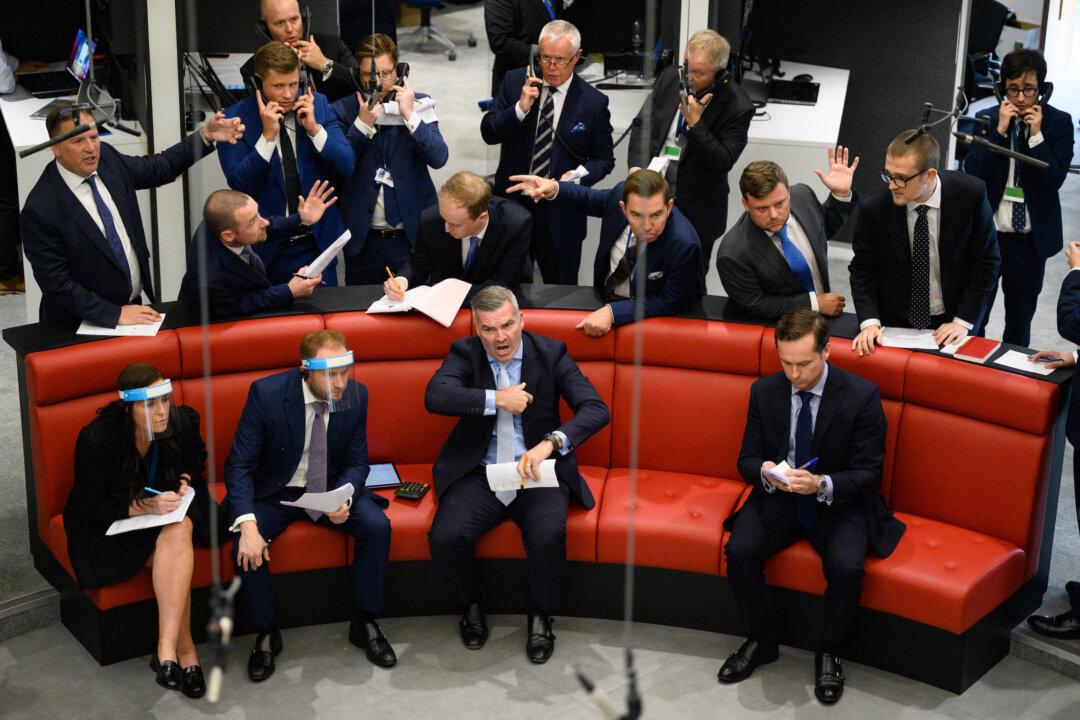The London Metal Exchange’s (LME) extraordinary decision on March 8 to halt nickel trading after a short squeeze, triggered by a Chinese metal tycoon’s large short position, sent the commodity price skyrocketing to more than $100,000 a ton. The incident is likely to have far-reaching ramifications for Chinese firms in global markets, according to Christopher Balding, an economist and analyst of Chinese business affairs.
Since Russia’s invasion of Ukraine, the price of nickel, a metal heavily in demand for the manufacture of electronic vehicles and other uses, had risen partly as a result of the heavy concentration of deposits of the precious metal in Russia, which massive sanctions have now cut off from much of the world.






